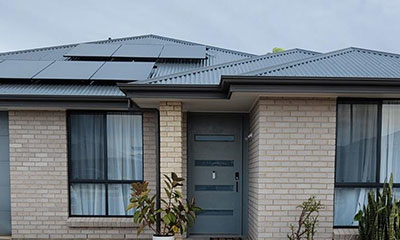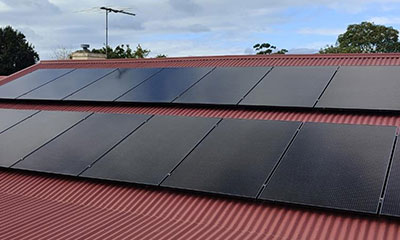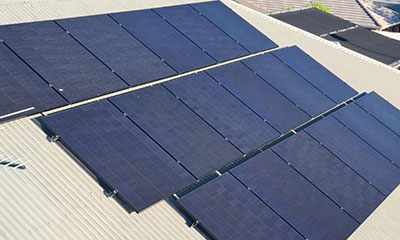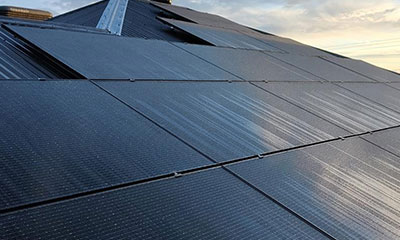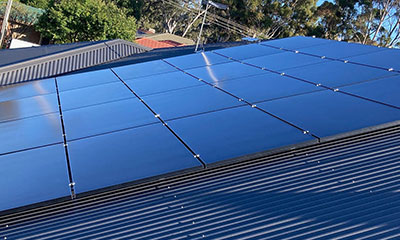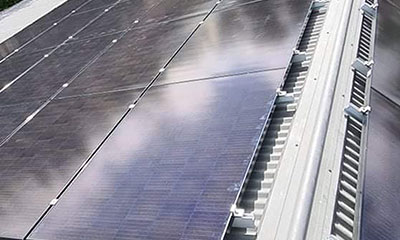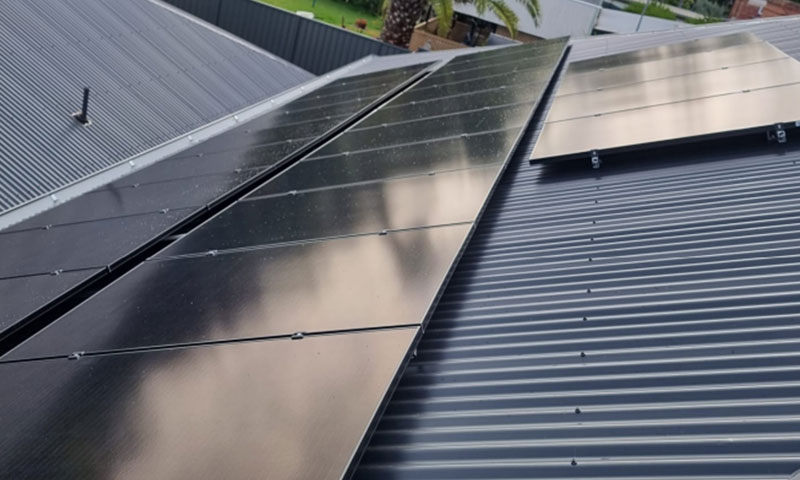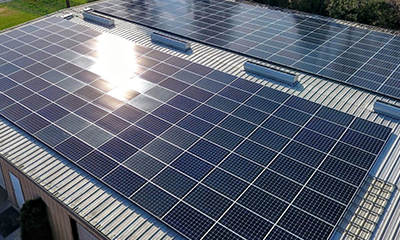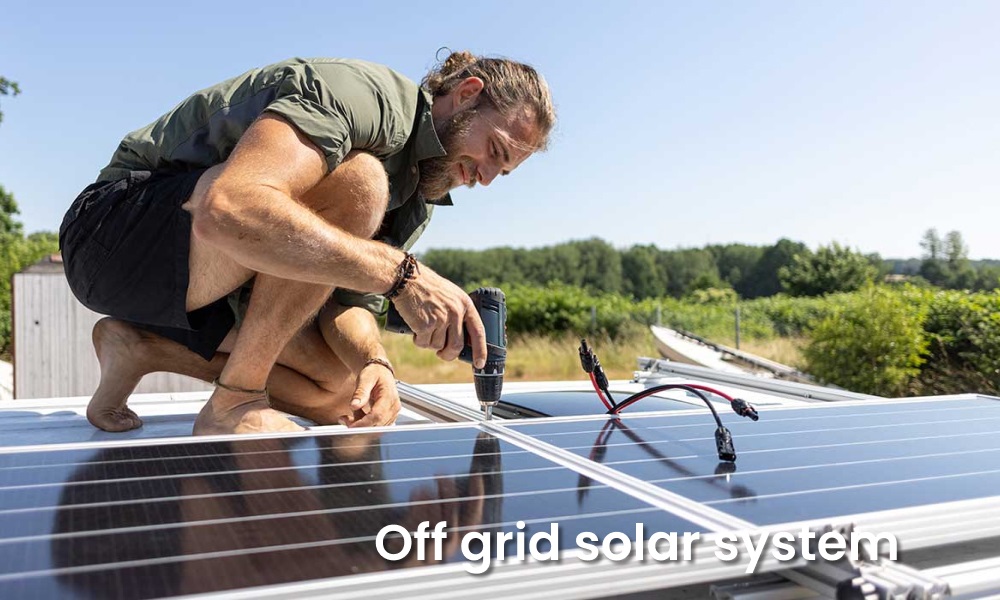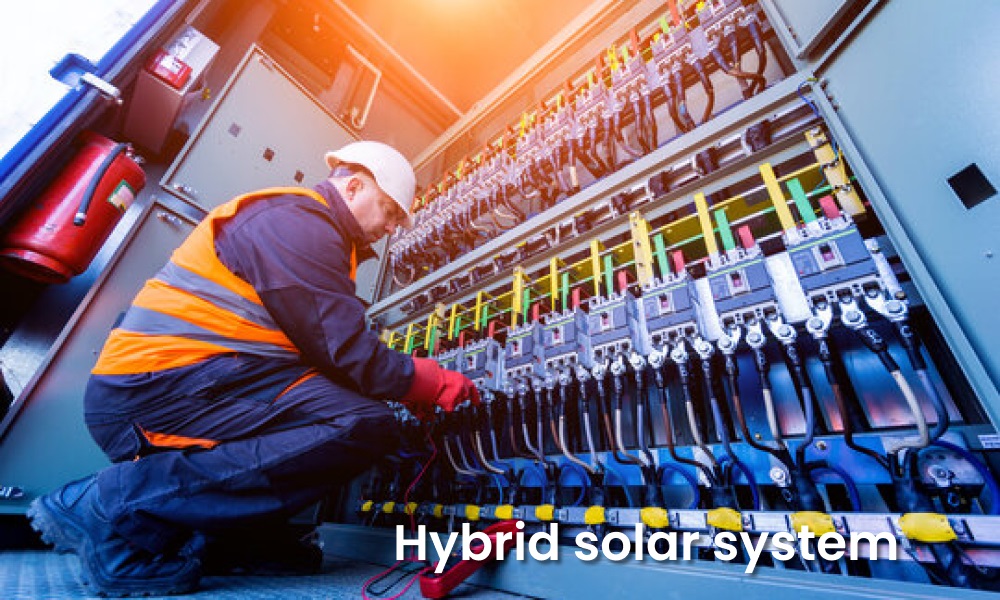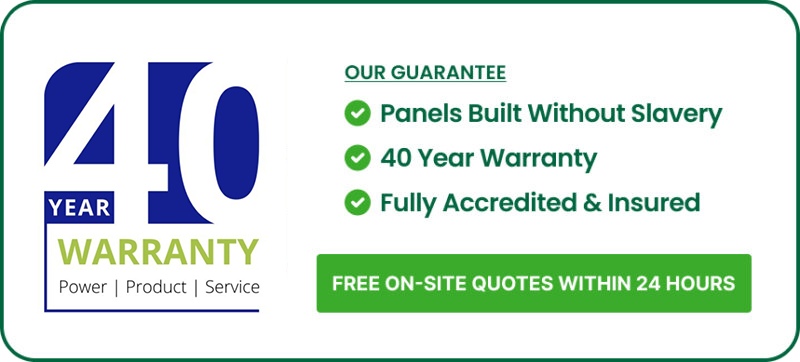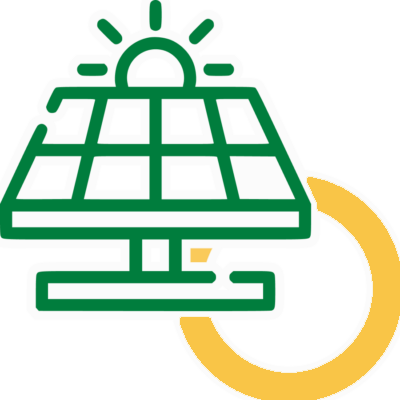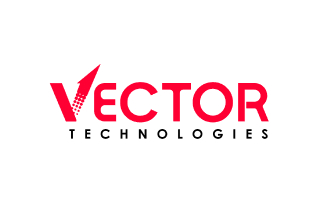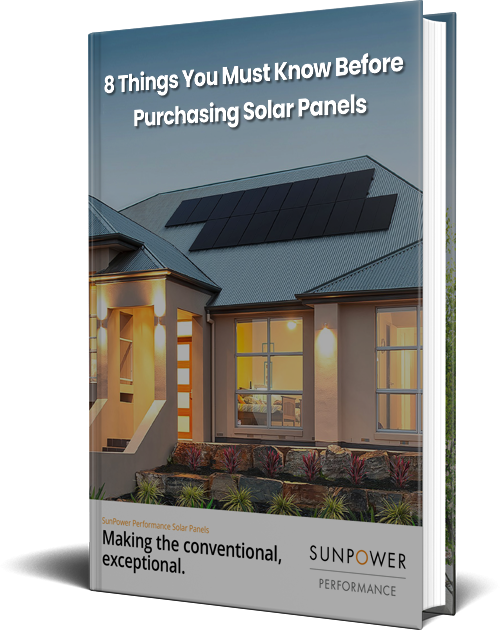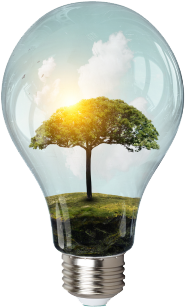
40 Year Warranty
We are Sunpower’s preferred installer, renowned for their industry-leading efficiency.
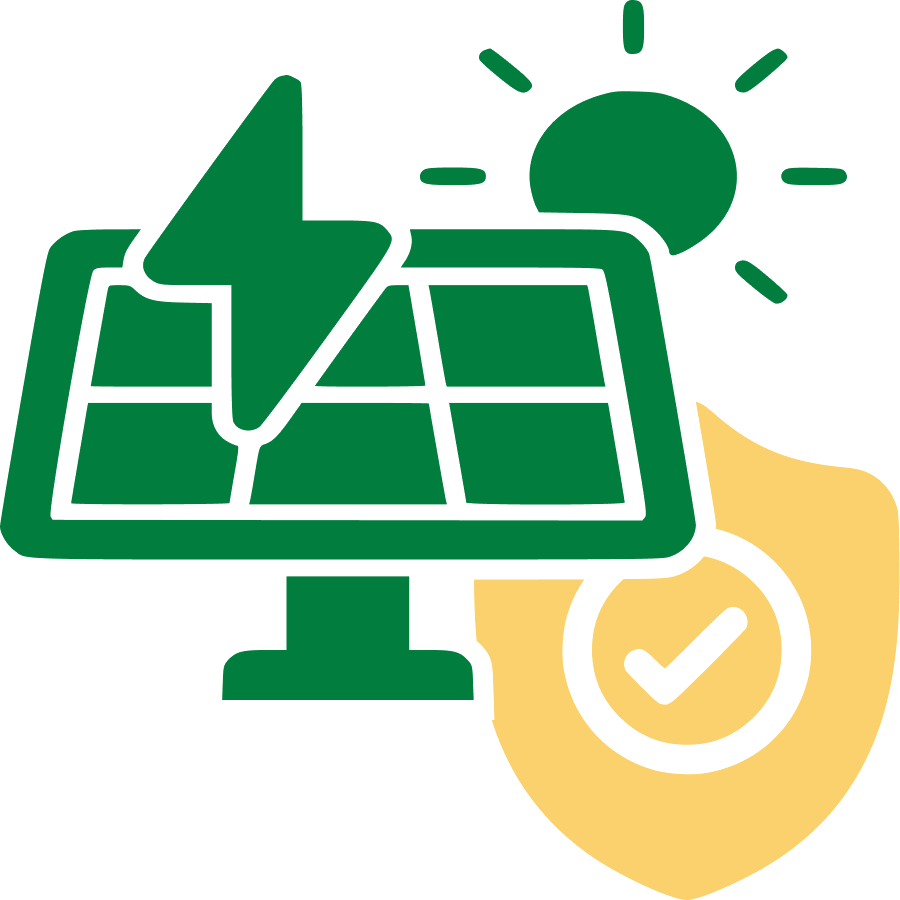
Guaranteed No Slavery Panels
Ethically and responsibly sourced supply chain.

Turbocharged Solar
Greater solar savings with Energy Buster is smarter approach.
Harness Renewable Energy with Energy Buster’s Leading Solar Systems
Are you ready to step away from reliance on the grid and reduce your energy bill?
Solar systems are sustainable, renewable and plentiful, meaning you and your family can enjoy the benefits for years to come.
At Energy Buster, our team of expert solar installers is dedicated to providing high-quality solar panel systems tailored to your needs. With our advanced technology and top-tier products, you can trust us to deliver exceptional results.
Take control of your energy future and join the clean energy revolution. Contact a member of the Energy Buster team today for a free consultation and let us help you make the switch to solar.
Together, we can create a sustainable and brighter future for Adelaide.
What Are the Best Types of Solar Systems?
They depend on various factors such as energy requirements, roof space, budget, and personal preferences. However, some popular options include:
Grid-Tied Systems
These systems are connected to the electricity grid, allowing you to generate your power while still being able to draw electricity from the grid when needed. Excess energy can be fed back to the grid, earning you credits or reducing your bills through net metering.
Off-Grid Systems
Ideal for remote areas or locations without access to the electricity grid, off-grid systems rely on batteries to store excess energy generated during the day. This stored energy is then used to power your home or business during the night or when sunlight is limited.
Hybrid Systems
Combining the benefits of both grid-tied and off-grid systems, hybrid systems use batteries to store excess energy for later use. They can also draw electricity from the grid when necessary, offering flexibility and reliability.
What Factors Affect Solar Systems Cost?
The cost of a solar system can vary depending on several factors, including the size of the system, the type of panels used, additional components such as inverters and batteries, installation costs, and any applicable rebates or incentives.
Main factors are:
- Site Structure
- Environmental Surrounds
- Solar Panel Aesthetics
- Expected Solar Panel Performance
The actual cost can be higher or lower based on the specific requirements of your property.
What Are the Benefits of Solar Systems?
✔ Renewable Energy: They harness the power of the sun, a renewable and abundant source of energy. By utilising solar power, you reduce dependence on fossil fuels and contribute to a cleaner and more sustainable energy future.
✔ Cost Savings: Installing solar panels can significantly reduce your electricity bills. As solar energy generates power for your home or business, you rely less on grid electricity, leading to long-term cost savings.
✔ Return on Investment: They are an investment that can provide a substantial return over time. The savings on electricity bills, potential feed-in tariffs for excess energy fed back to the grid, and potential government incentives can help you recover the initial cost of installation.
✔ Environmental Impact: Solar energy is clean and produces zero greenhouse gas emissions during operation. By adopting solar power, you actively contribute to reducing air pollution, mitigating climate change, and preserving the environment for future generations.
✔ Energy Independence: Generating your solar power grants you greater energy independence. You become less reliant on external factors, such as rising electricity prices or potential power outages, ensuring a more secure and stable energy supply for your property.
✔ Increased Property Value: They can enhance the value of your property. As more homebuyers seek eco-friendly and energy-efficient features, having solar panels installed can make your property more attractive and potentially increase its market value.
✔ Long Lifespan: Solar panels have a long lifespan, typically ranging from 25 to 30 years or more, as long as the product warranty. With proper maintenance, they can provide reliable electricity generation for decades, offering a durable and dependable energy solution.
Solar System Installation Process
The installation process for solar systems typically involves the following steps:
Consultation and Site Assessment: A reputable solar installation company will begin by conducting a consultation to understand your energy needs, assess your property’s suitability for solar, and discuss your specific requirements. They will evaluate factors such as roof space, shading, orientation, and electrical infrastructure.
System Design and Proposal: Based on the site assessment, the solar installer will design a system tailored to your needs. They will provide you with a detailed proposal that includes the number and type of panels, inverters, and other components, as well as the estimated cost and potential energy savings.
Financing and Permits: If required, you can discuss financing options with the solar installer. They will also handle the necessary permits and paperwork, ensuring compliance with local regulations and grid connection requirements.
Installation: Once the design and permits are finalized, the installation process begins. This typically involves mounting the solar panels on your roof using racking systems, connecting the panels to the inverter(s), and wiring the system to your electrical panel. The installers will ensure proper placement, secure mounting, and compliance with safety standards.
Electrical Connection and Commissioning: After the physical installation, the solar system will be connected to your electrical panel and the grid. This step involves wiring the inverter(s) and configuring the system for optimal performance. The installers will conduct thorough testing and inspections to ensure everything is functioning correctly.
Monitoring and Maintenance: Upon completion, the solar system will be ready to generate clean energy. The solar installation company may provide monitoring tools that allow you to track the system’s performance and energy production. Routine maintenance, such as cleaning the panels and inspecting the components, is recommended to ensure optimal efficiency and longevity.
If you think that purchasing solar panels is the right thing for you, then the next step is to decide on the best brand and solar system size. Get in touch with us by either calling us on (08) 7120 6377 or by filling out our fast free quote form.

 40 Year Warranty
40 Year Warranty
